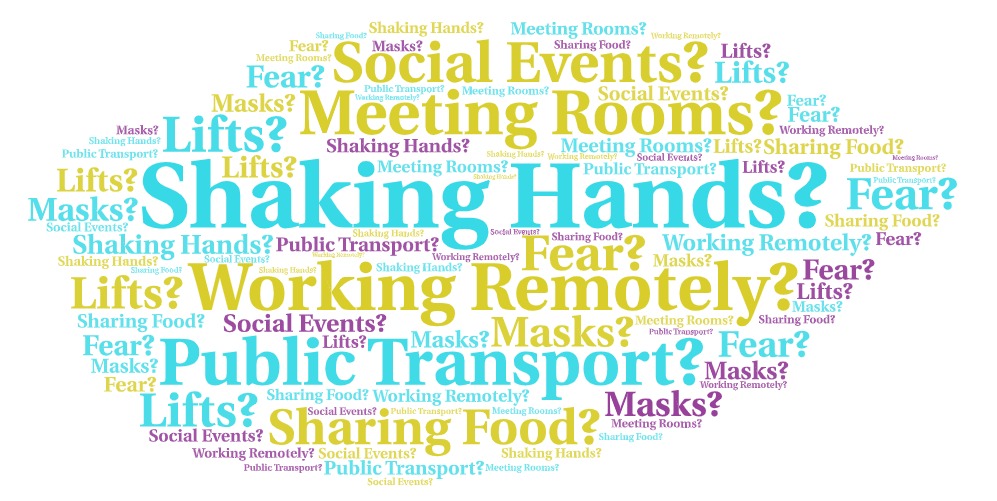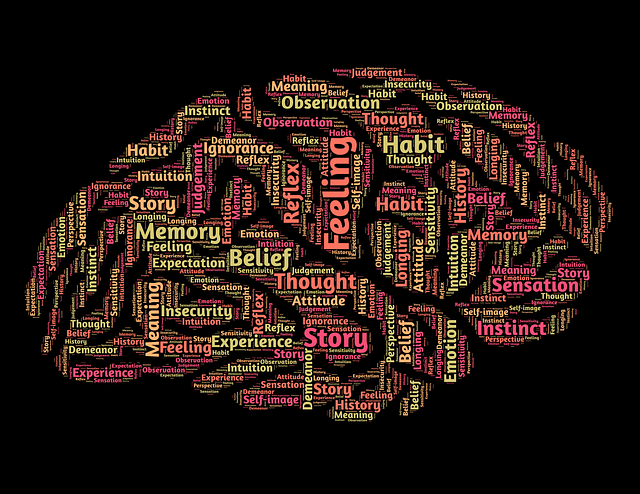How can you improve your self-confidence at work? How do you ignore the negative voice inside? More importantly, is that negative voice even telling the truth?
Imagine are working on the development a product for your organisation. To get the product right you surveyed a number of stakeholders to better understand what it was they wanted. Out of one hundred stakeholders, ninety nine said widgets that blue were very important to them and only one stakeholder said they wanted pink widgets. What would you do with this data? Would you make blue widgets and pink widgets? OR would you decide that the one stakeholder who wanted pink was an anomaly and maybe not your ideal client?
What if you ran an event and sought feedback afterwards. Out of 100 hundred responses, only one stakeholder said it was terrible and ninety-nine said it was great. Would you think that maybe the one stakeholder was having a bad day? Would you think maybe the event wasn’t for them? OR would your change your event to meet their every need?
In most cases we treat a single piece of adverse or conflicting feedback as an anomaly. Statistically, we would be likely to ignore that piece of data. Financially, we would probably decide it wasn’t worth meeting the needs of this outlier.
In my coaching practice I notice that people often rate their skills in a particular area as low even when everyone else says they are high. This is really obvious when the participant is part of a 360 feedback exercise; the feedback from their peers, subordinates and manager clearly shows that their self-rating is an anomaly. It could even be considered unreliable data. They need to working on improving their self-confidence.
Are you good at assessing your skills in your work context?
Well are you? Here some questions to ask yourself to find out:
- What does your manager say about you in regards to this skill? This might be directly or through perfomance discussion.
- What do you staff say? Are they producing good work?
- What do your colleagues say? Do they enjoy working with you?
- What do other stakeholders say?
- Have you been recently promoted or chosen for acting opportunites?
- Have you recently been chosen to do other work or projects?
- Do you feel you are achieving results in this area?
If the answer to most of these is positive, yet you assess your skills as low – you might not be a source of reliable data. It might be that you lack self-confidence.
Problems can then arise when your lack of self-confidence impacts how you behave at work. But can you improve your self-confidence at work?
What can I improve my self-confidence? (I’ve never been confident!!)
How can you improve your self-confidence at work?
Firstly, acknowledging that you are harder on yourself than others are is a great first step. Secondly, reminding yourself that logic suggests that what you are saying/thinking/feeling can’t be true because it conflicts with what everyone else is saying. These two things can help to quieten those negative voices inside.
Thirdly, recognise when you feel more confident and try to create more of these situations at work. (Remember that for some people these times when you feel confident might be outside of the work context but they are still useful!) Some people feel more confident about their skills when they are well prepared and consider they have a good undersand of the topic involved. Others say it is about focussing on the outcome that will be achieved – helping customers or support staff for example.
The ability to accurately assess your skills and to be confident in doing your work, is an important competency to cultivate as a leader. Don’t let your unreliable data let you down!

NOTE: If a lack of self-confidence is really affecting your life either at work or home, you may need to seek additional support from a medical professional.








